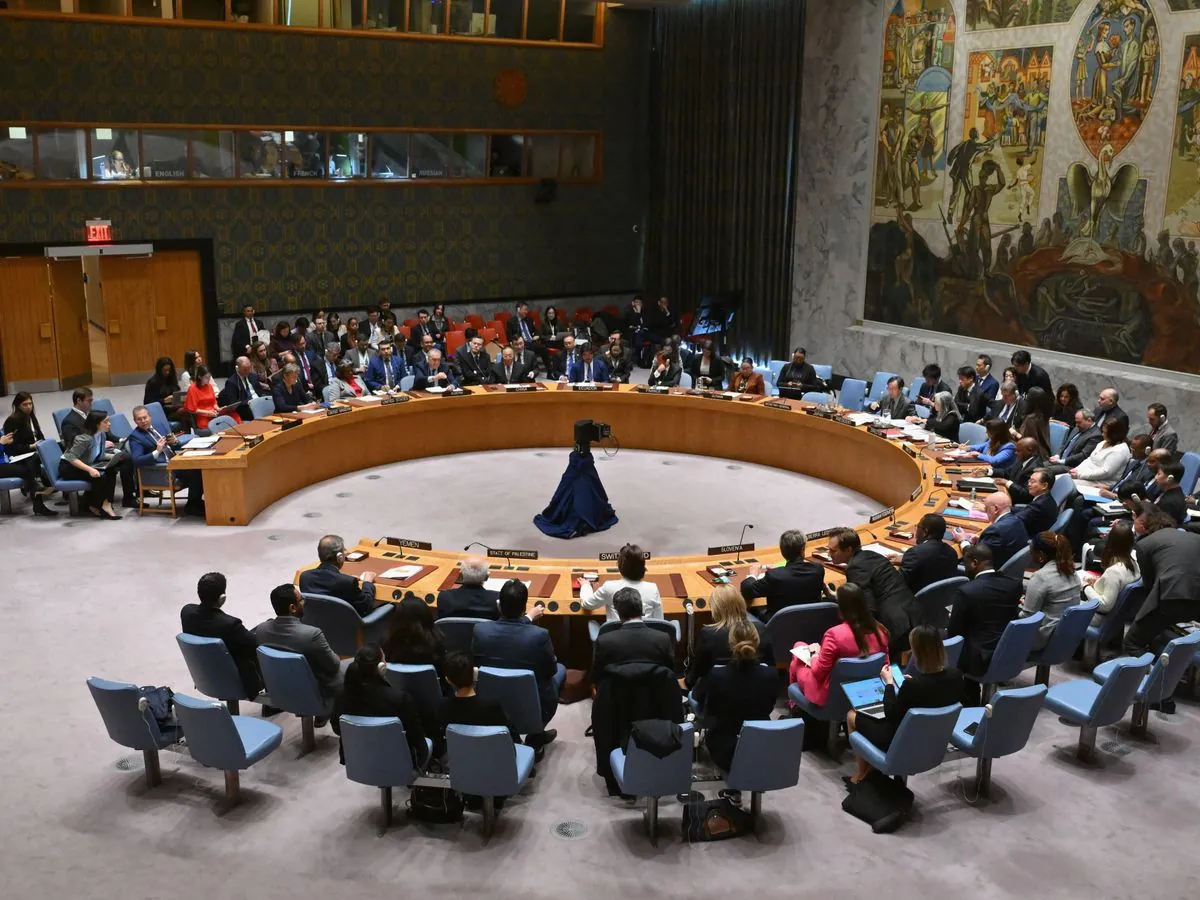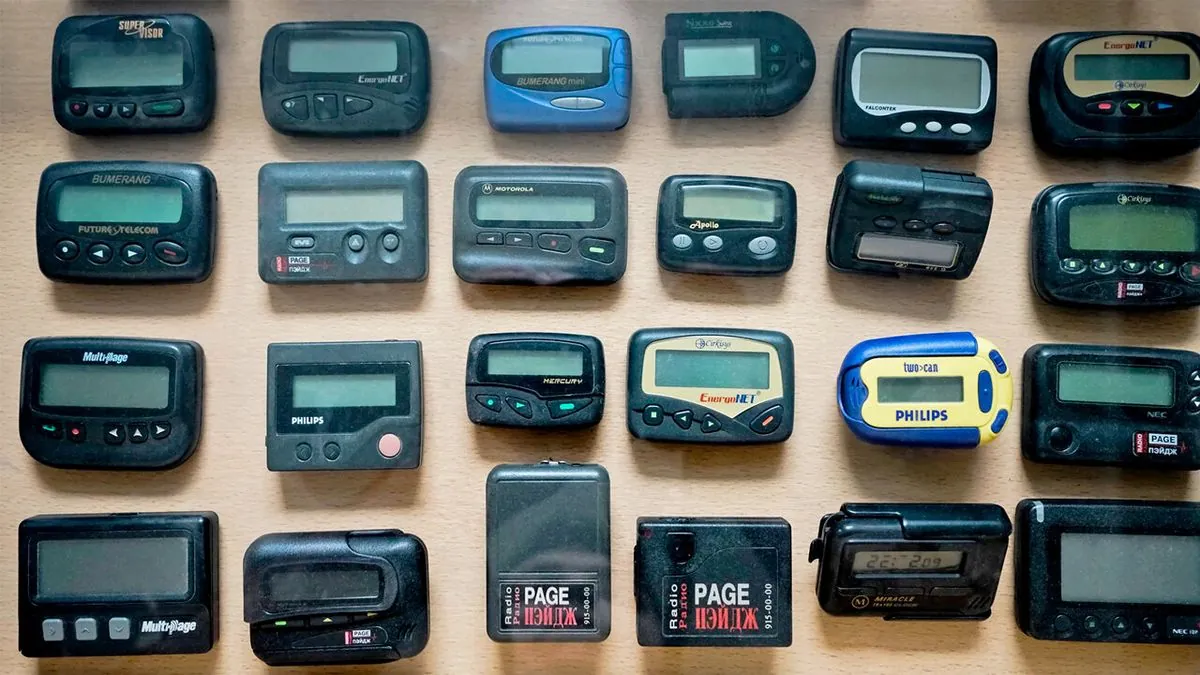UN Warns of Potential Middle East Escalation Amid Israel-Hezbollah Tensions
UN official urges action to prevent Middle East conflict escalation. Recent attacks on Hezbollah's devices killed 37, injured thousands. Lebanon accuses Israel, while UN calls for investigation and adherence to international law.

On September 20, 2024, a senior United Nations official called for immediate action to prevent a potential escalation of violence in the Middle East. The appeal came during a UN Security Council meeting, addressing recent attacks on Hezbollah's communication devices that resulted in 37 fatalities and thousands of injuries.
Rosemary DiCarlo, the UN's political affairs chief, expressed grave concern about the situation, stating, "We risk seeing a conflagration that could dwarf even the devastation and suffering witnessed so far." She urged member states with influence over the parties involved to leverage their power to avert further conflict.
The attacks, believed to have been carried out by Israel, targeted Hezbollah's pagers and walkie-talkies. Israel has neither confirmed nor denied its involvement in the incident. This event occurs against the backdrop of ongoing tensions between Israel and Hamas in the Gaza Strip, which have persisted for nearly a year.

Hezbollah, a Lebanese Shiite Islamist political party and militant group founded in 1982, has been launching rockets into Israel in solidarity with the Palestinians. This has led to the evacuation of tens of thousands of people from both sides of the Israel-Lebanon border.
Abdallah Bou Habib, Lebanon's Foreign Minister, accused Israel of carrying out the attacks and called on the Security Council to condemn what he termed "terrorist Israeli attacks." He urged the council to hold Israel accountable for violating Lebanon's sovereignty and territorial integrity.
In response, Danny Danon, Israel's UN Ambassador, stated that while Israel does not seek a wider conflict, it will not allow Hezbollah to continue its provocations. He warned that if Hezbollah does not retreat north of the Litani River, Israel may be forced to take defensive action.
The situation is further complicated by Iran's involvement, as it supports both Hezbollah and Hamas. Amir Saeid Iravani, Iran's UN Ambassador, claimed that Iran has shown "maximum restraint" for the sake of regional peace and security.
The United States, an ally of Israel, called for all parties to comply with international humanitarian law and minimize harm to civilians. Robert Wood, deputy U.S. Ambassador to the UN, emphasized the importance of refraining from actions that could lead to a devastating war.
Volker Turk, the UN human rights chief, questioned the legality of the attacks on Hezbollah's communication devices under international humanitarian law. He called for an independent, thorough, and transparent investigation into the incident.
"Let me be clear – this method of warfare may be new and unfamiliar. But international humanitarian and human rights law apply regardless and must be upheld."
This situation highlights the complex geopolitical landscape of the Middle East, with tensions between Israel, Hezbollah, and other regional actors threatening to escalate into a larger conflict. The international community, through the United Nations, is working to prevent further violence and ensure adherence to international law in this volatile region.


































